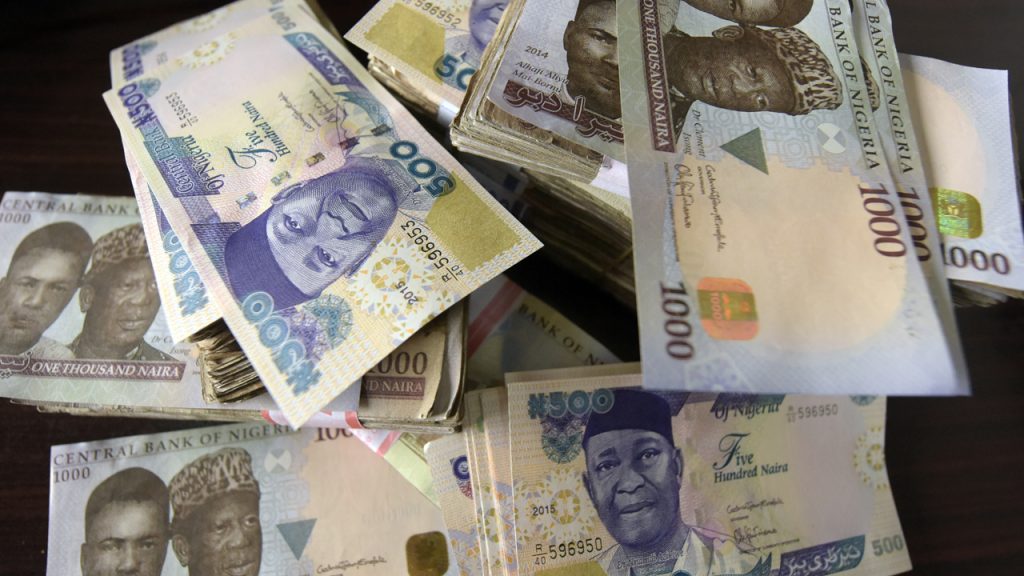
The total debt of Nigeria combining Federal Government and states’ loans is predicted to reach at least N107.38tn soon. This is due to the approval of fresh borrowings for the Federal Government along with the new securitisation of the Central Bank of Nigeria’s N7.3tn Ways and Means advances.
The Senate, as of December 2023, sanctioned President Bola Tinubu’s request to borrow $7.8bn and €100m as part of the Federal Government’s 2022-2024 borrowing plan. Tinubu justified the need for the loan facility to finance various sectors including infrastructure, health, education, agriculture, insecurity, and others following the removal of fuel subsidy and its impact on the economy.
The president highlighted that the African Development Bank and the World Bank Group have shown interest in assisting the country with a sum of $1bn and $2bn respectively. The borrowing plan is aimed at projects and programs that were selected based on positive technical economic evaluations and expected contribution to the socio-economic development of the country.
As of the end of September 2023, Nigeria’s total debt stood at N87.91tn, according to data from the Debt Management Office. It consisted of total external debt at N31.98tn ($41.59bn) and total domestic debt of N55.93tn. With the recent approvals by the Senate, the total debt is expected to increase by at least 22.15 percent (N19.47tn) to N107.38tn in 2024 if the borrowing plan is followed accordingly.
The expected total debt will include foreign debt of N44.15tn ($49.39bn converted at N891.9/$ and €100m converted at N969.92/€) and domestic debt of N63.23tn. Between January 2022 and September 2023, the Federal Government grew its foreign loan profile by $3.20bn from $38.39bn to $41.59bn. The naira’s recent fall and its expected recovery may impact these figures.
The rise in total debt to N107.38tn would translate to 53.06 percent of the country’s 2022 GDP value of N202.37tn, surpassing the targeted 40 percent debt to GDP ratio. The recent substantial increase in the country’s total public debt profile was due to the securitisation of N22.7tn from the previously advanced N23.3tn by the CBN.
The projected borrowing has not yet been secured and may take time to materialize. The country’s total public debt is also expected to grow by at least N7.83tn in 2024 based on the Federal Government’s budget projection for the year.
The rising debt profile has led to an increase in the cost of debt servicing, with projections indicating that debt servicing may gulp 123.4 percent of the Federal Government’s revenue in 2023.
Nigeria remains reliant on Ways and Means financing and increasingly on foreign debt to finance its budget deficit. The outlook for 2024 suggests that the country will continue to depend on foreign debt for financing, potentially facing high-interest rates and a growing debt burden.
